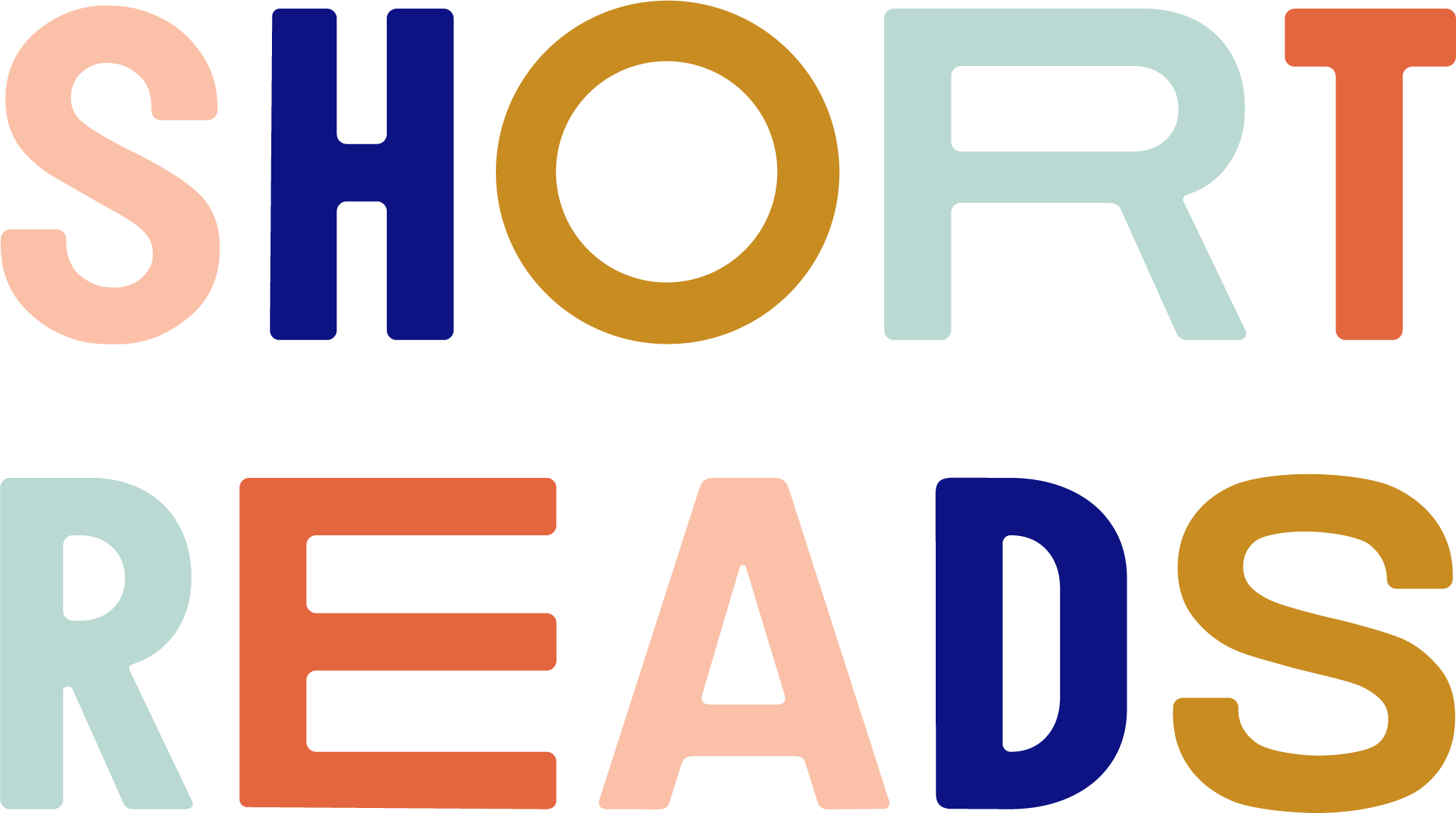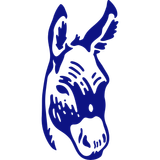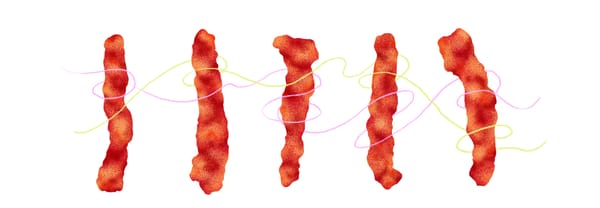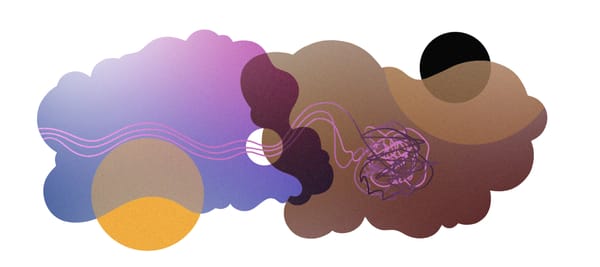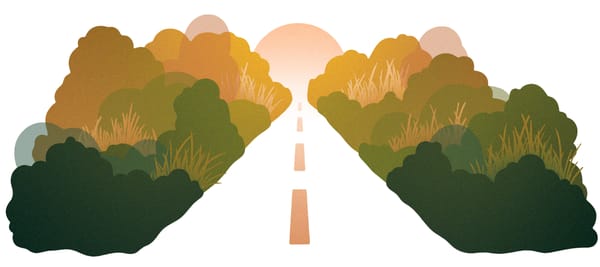Anna Maria Island (I)
by Brian Turner | Seeking immortality in the surf.
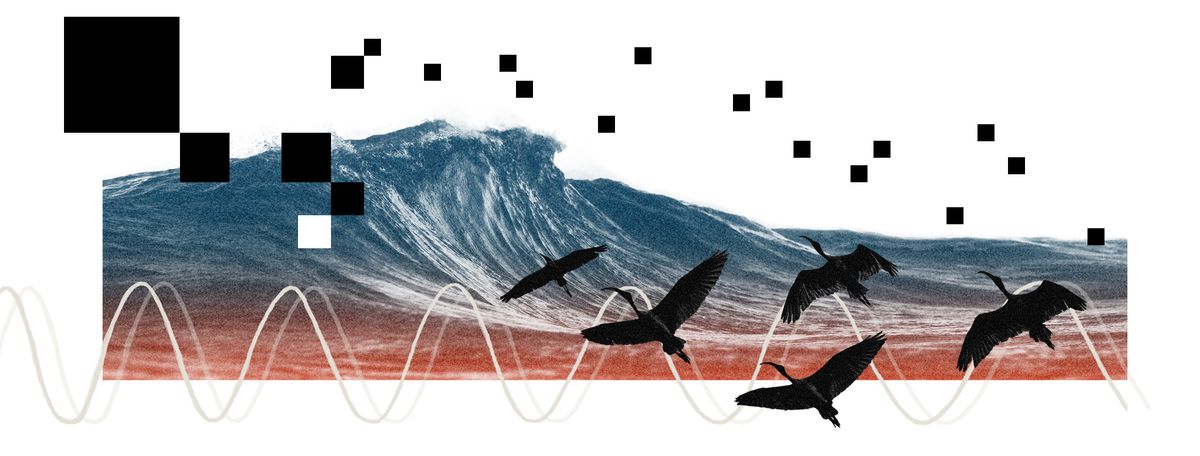
Did you know that each wave—like the one curling ashore with an acoustic boom that flattens into a wash of foam—is an expression of the invisible? It’s true. Waves are not made of water; they travel through it. And while some waves are tidal in nature, dependent on the forces of gravity, many are driven by sunlight, strange as that might sound. They are the result of wind over water, wind generated through inversions of heat and cold.
Barefoot, I head into the surf, bracing myself as each wave washes past, moving forward in the periods between, the sand at my feet trying to suck me down as I press on until I’m far enough out that the ocean floor sinks away and the water lifts me, weightless and free. Seagulls wheel and turn in an aerial geometry. I dunk my head under to soak my hair, cool and slick, the taste of salt on my tongue.
The water around me has a milky-green glow to it, nearly phosphorescent in the morning sun, and there’s something essential I can feel but don’t yet have the language to name.
~~~
There’s so much I don’t understand. Like the stillness in our home. The urn with your ashes in the bedroom, the way the carved wooden Buddha never shifts its gaze while watching over you. That cool feel of you beside me in bed, late at night, as the planet spins on, the way it does, as if nothing has changed. As if you didn’t die in my arms. As if I didn’t hold you as you breathed the spirit out of your body. That last breath.
The arrival of a wave is similar to the arrival of an inevitable idea, though the source of it began some time ago, far from here, in a moment that now feels disconnected and final. Perhaps this is why I sometimes sense the eternal as my body drifts in the ocean. Like the ocean, the fluid medium of our consciousness, that space of fire and electricity and memory, is mostly water and salt. I’m reminded of new advances in the field of neuroscience, which has expanded beyond the use of exterior electrodes in electroencephalograms to the direct application of sensors on the surface of the human brain in electrocorticography. The current research suggests, as Simon Makin states in Scientific American, that “many brain waves are actually ‘traveling waves’ that physically move through the brain like waves on the sea.”
We are tiny oceans that have learned how to speak with one another. And to carry each other in memory. To carry all that has vanished from the turning of the Earth.
~~~
I’m thinking of your laughter. The bright roll of it filling the air. Your hand in mine as we walked the shoreline and talked about the future. I remember you saying that our species has a kind of nostalgia for the future. That there’s a sweetness in our wonder. Your hands shaping the air in front of us as you imagined these things, gesturing them into being. We soaked it all in. The island. The beach. The meditation of saltwater and sand submerging our feet.
Snowy plovers evaded the rush of bubbling spume with their thin legs blurring, while the silhouettes of pelicans seemed to freeze in the amber sky like a series of still-frames over the wavetops. The sun burned its slow signature into the ocean, with shades of lavender and peach feathering the descent—as if it recognized that this sunset would be the only one like it ever to exist. That something as rare as a day like this should end in beauty. A beauty scaled to grandeur. With the two of us given an ocean of dusk to wade into. Twilight. Cicadas trilling the humid air.
~~~
It’s been almost four years. Time as cruel and as inexorable as the waves, breaking.
I packed the car this morning and drove for hours playing our road-trip music, just as we did summers back. I signed our names in the guest book and took two cookies from the tray. When the manager posed the usual questions, I spoke of us in the present tense. I’m not sure it made a difference. It’s not so difficult to witness the subtle ways that death moves through the expressions on my face, that slow cloud of grief that most reel away from, though, here and there, some recognize the beauty in it. This carrying of the dead. It felt so good to be honest like that, to be closer to the truth. I didn’t repeat the lie that makes you vanish a little more with each telling.
And so here we are—all checked in to our little love nest by the sea, the two of us wading barefoot into the surf, hand in hand, here to float in the warm waters of the Gulf once more, our troubles fading with each rise and fall, the world a world away as swells of blue-green water roll in, each wave lifting us off our feet and into the cool air, our bodies so buoyant and light, so light we could bring all the midnights and mornings of our lives with us and still the swells would continue to lift us into that vast and cloudless field of blue.
Brian Turner has a memoir, My Life as a Foreign Country, and two collections of poetry, Here, Bullet and Phantom Noise, with The Wild Delight of Wild Things, The Goodbye World Poem, and The Dead Peasant’s Handbook due out from Alice James Books in fall 2023. He’s the editor of The Kiss and coedited The Strangest of Theatres. He lives in Florida with his dog, Dene, the world’s sweetest golden retriever. More at brianturner.org and @turners_lens on Instagram.
This essay appears in The Wild Delight of Wild Things (Alice James Books, August 2023).
Support our efforts: ☕ buy us a coffee.
